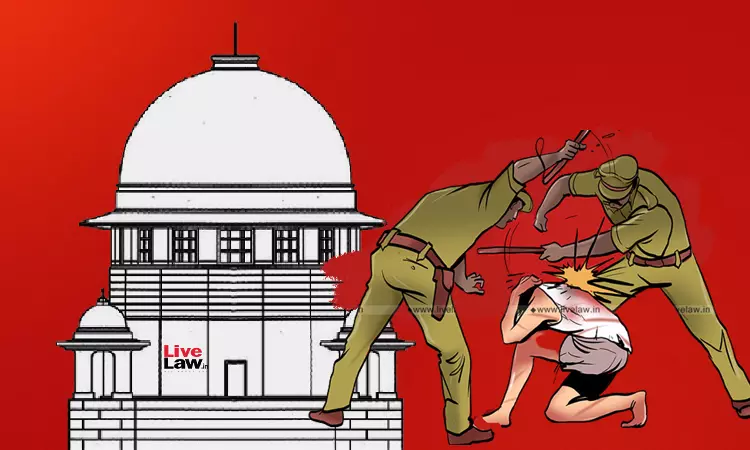'Why Beat Him In Custody?' Supreme Court Questions TN Police; Rejects Claim That Custodial Torture Led To Death
Gursimran Kaur Bakshi
29 Jan 2025 4:32 PM IST

'He may not have died due to assault, but he was definitely thrashed in custody,' the Court orally observed.
Next Story


